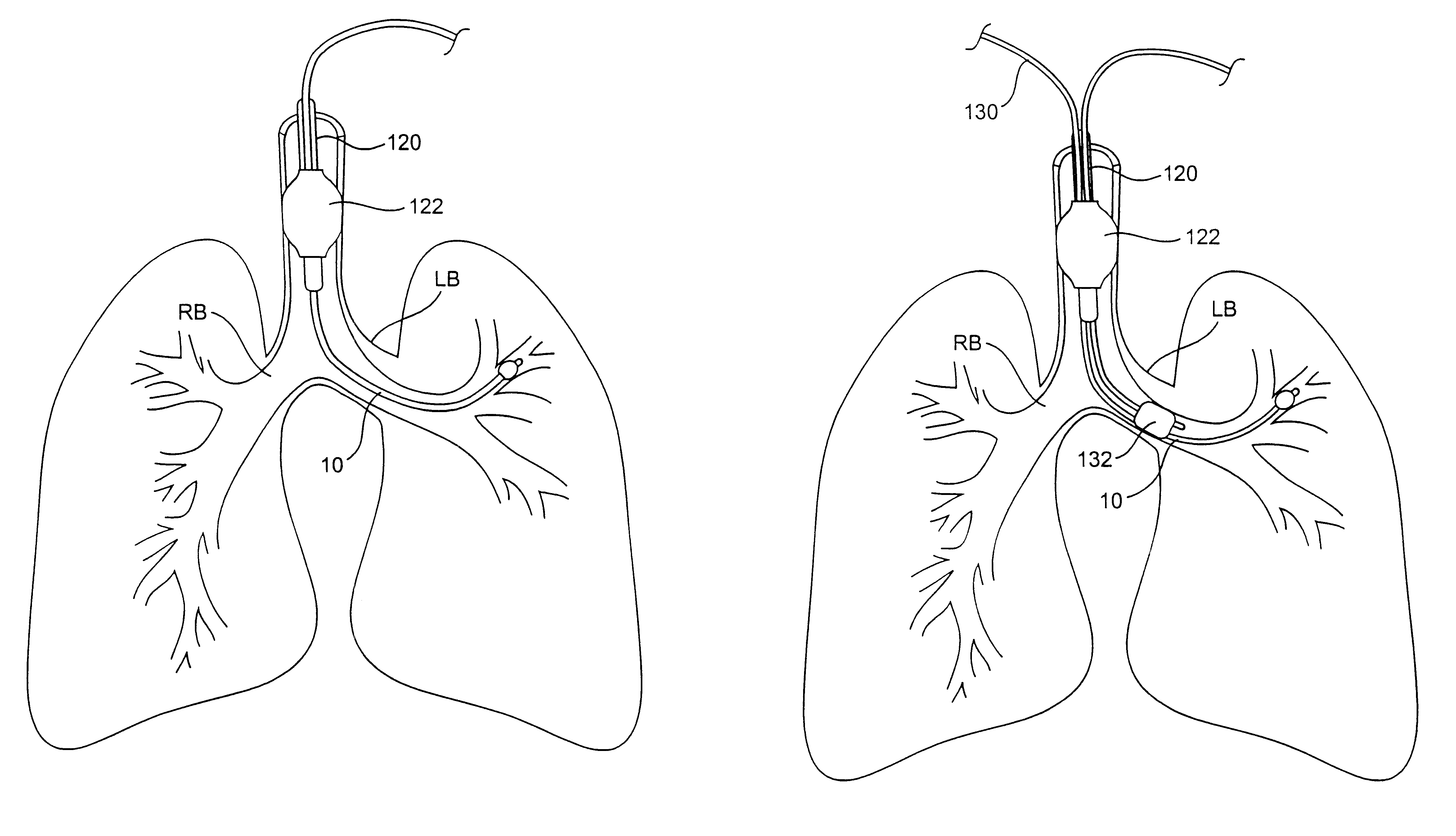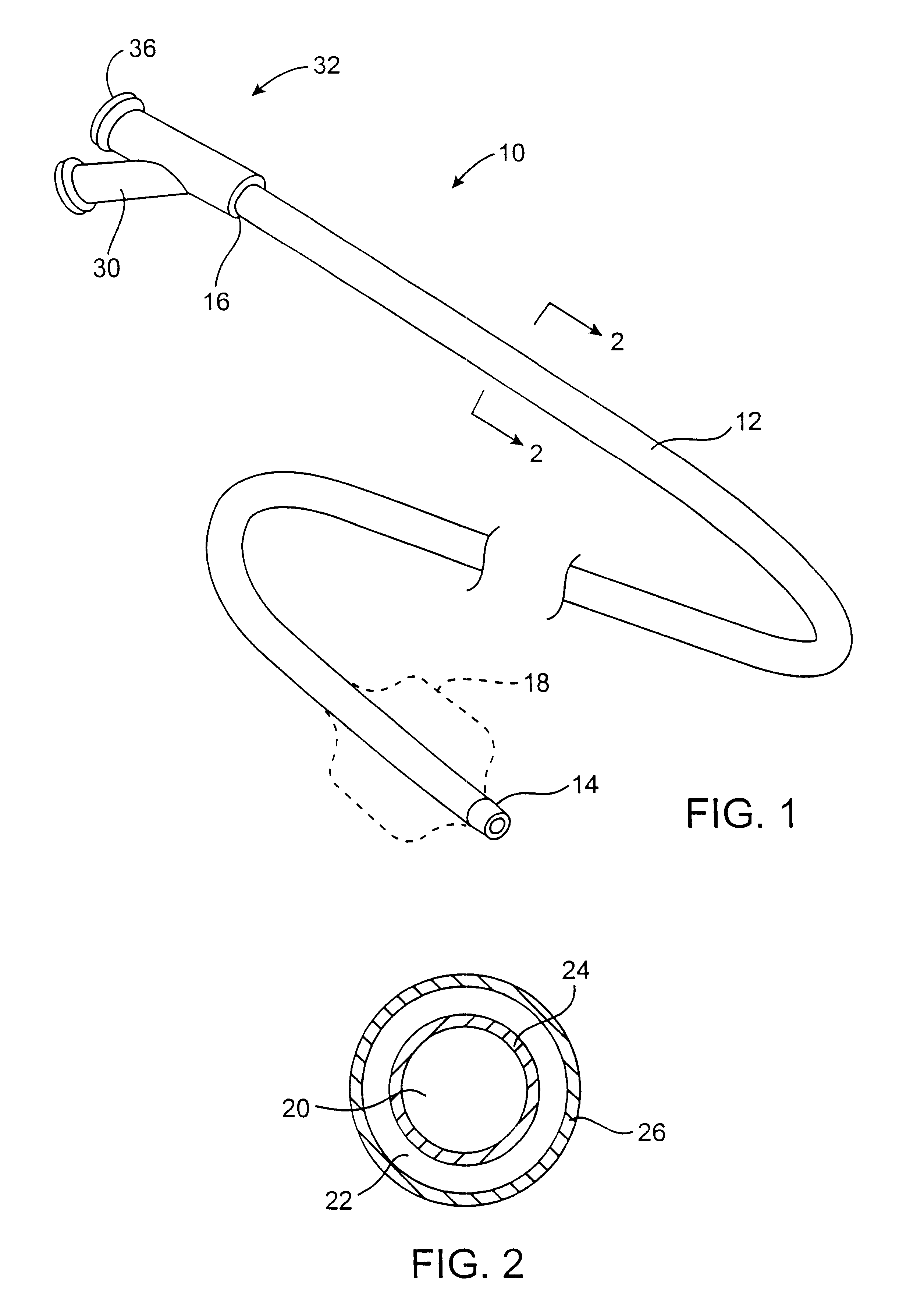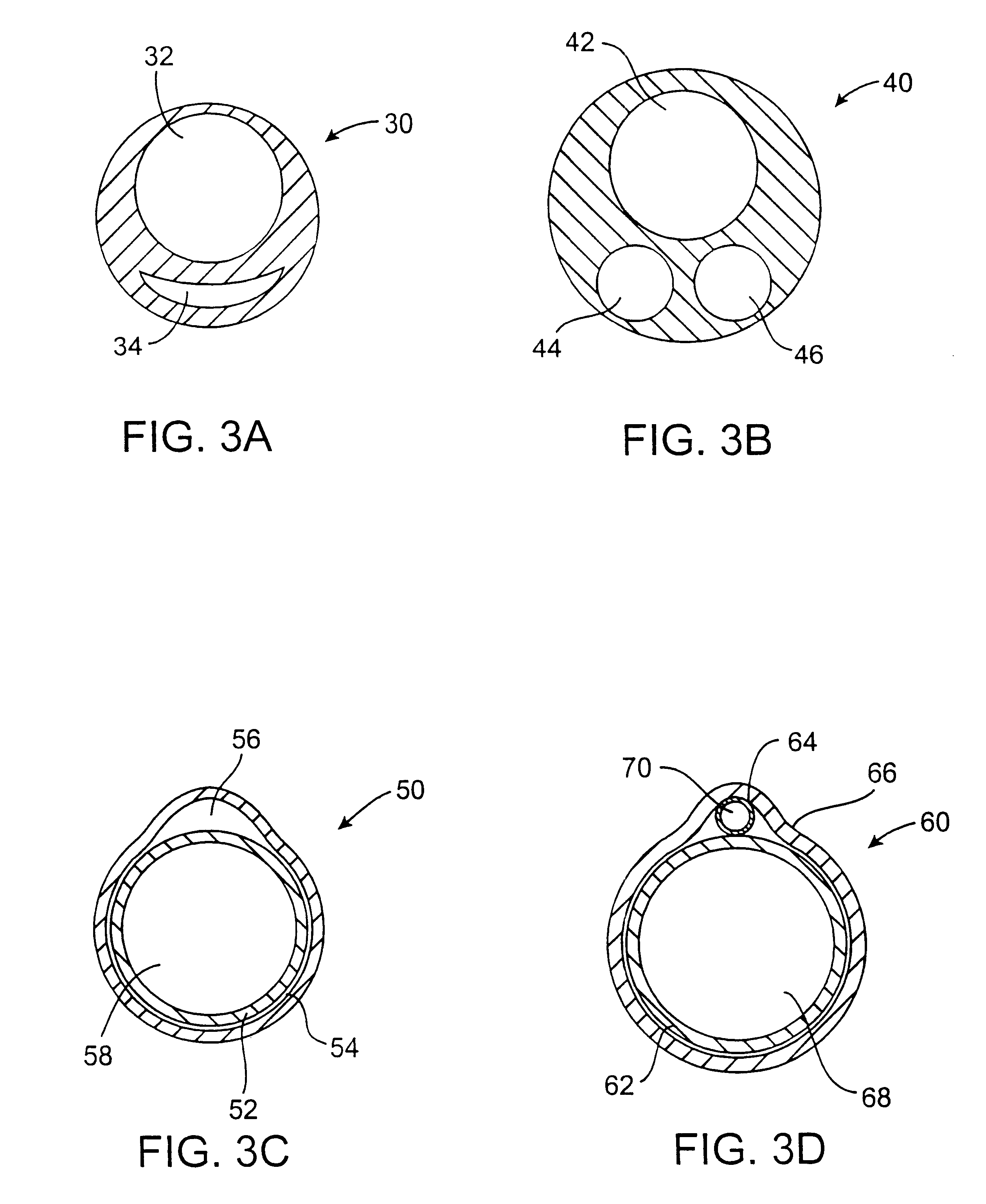Methods, systems, and kits for lung volume reduction
- Summary
- Abstract
- Description
- Claims
- Application Information
AI Technical Summary
Benefits of technology
Problems solved by technology
Method used
Image
Examples
Embodiment Construction
Lung volume reduction is performed by collapsing a target lung tissue segment, usually within sub-lobular regions of the lung which receive air through a single air passage, i.e., segment of the branching bronchus which deliver to and receive air from the alveolar regions of the lung. Such isolated lung tissue segments are first isolated and then collapsed by aspiration of the air (or other gases or liquids which may have been introduced, as discussed below) from the target lung tissue segment. Lung tissue has a very high percentage of void volume, so removal of internal gases can reduce the lung tissue to a small percentage of the volume which it has when fully inflated, i.e. inflated at normal inspiratory pressures. The exemplary and preferred percentages for the volume reduction are set forth above.
In particular, the present invention provides methods and apparatus for enhancing the aspiration and collapse of the target lung tissue segment. Such methods and apparatus may involve ...
PUM
 Login to View More
Login to View More Abstract
Description
Claims
Application Information
 Login to View More
Login to View More - R&D
- Intellectual Property
- Life Sciences
- Materials
- Tech Scout
- Unparalleled Data Quality
- Higher Quality Content
- 60% Fewer Hallucinations
Browse by: Latest US Patents, China's latest patents, Technical Efficacy Thesaurus, Application Domain, Technology Topic, Popular Technical Reports.
© 2025 PatSnap. All rights reserved.Legal|Privacy policy|Modern Slavery Act Transparency Statement|Sitemap|About US| Contact US: help@patsnap.com



